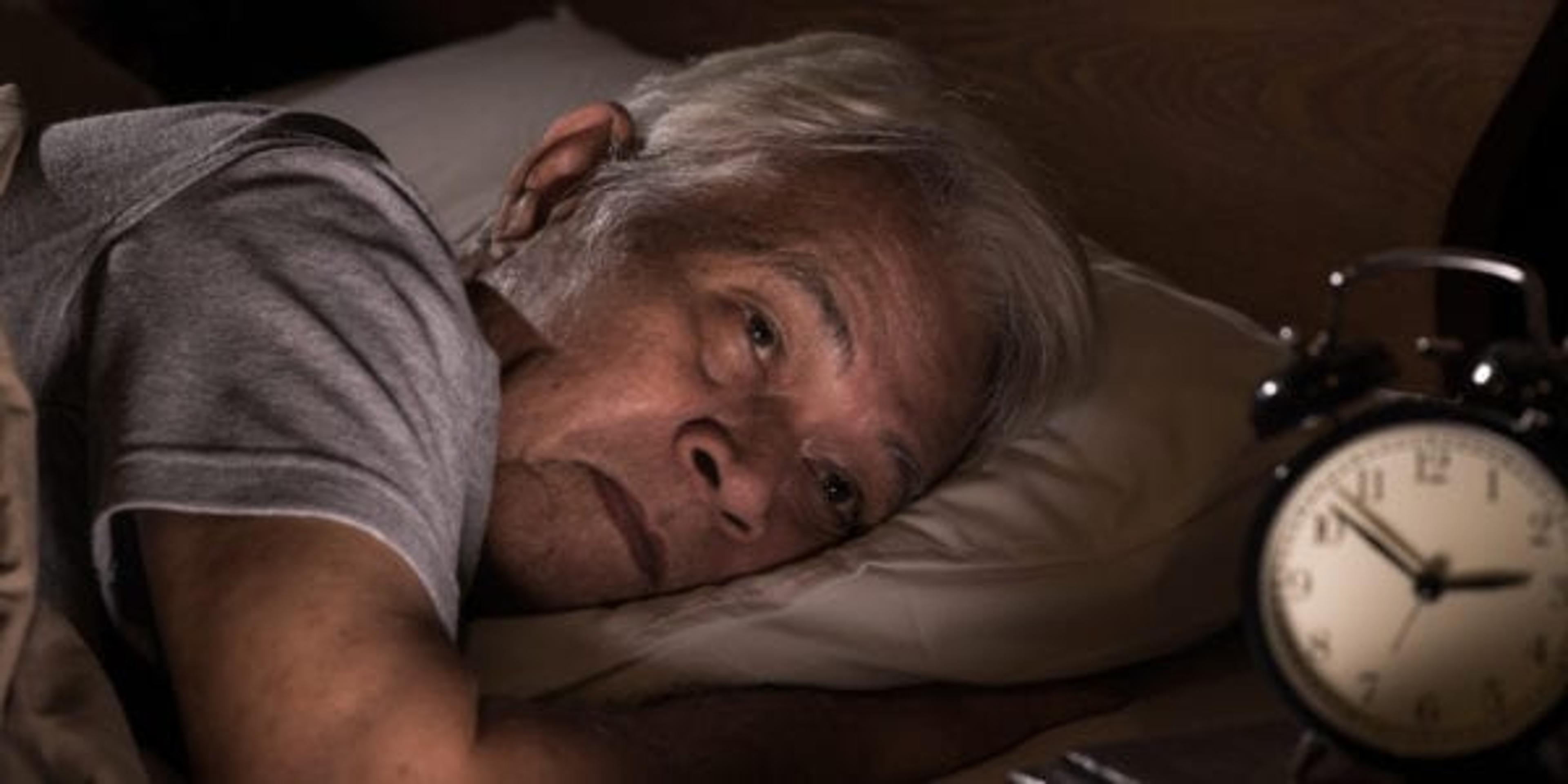Getting Less Than 6 Hours of Sleep Could Increase Dementia Risk
Shandra Martinez
| 3 min read

We’ve all had those days when we wake up knowing we just didn’t get enough sleep the night before. We slog through the day, grab an extra cup of coffee or a soda to help us power through our routine and vow to get to bed earlier than usual. But for an increasing number of people, being sleep-deprived is a common problem. And for people in their 50s and 60s, new research shows that getting fewer than six hours of sleep each night could be linked to an increased risk of dementia later in life.
Seven hours of sleep each night is considered a healthy amount of shut-eye, according to the Centers for Disease Control and Prevention. But fewer Americans are hitting that mark in the last decade. In a recent study, Ball State University researchers analyzed adult sleep data from 2010 to 2018, as reported in the National Health Interview Survey. They found the percentage of people who self-reported getting fewer than seven hours of sleep each night had increased from 30.9% to 35.6% during that time.
Lots of important functions happen inside our bodies while we sleep. During this time, the body heals itself, and the brain makes new connections which ultimately help with memory retention. Typically, not getting enough sleep can have both physical and mental side effects. A person might feel sleepy or have a hard time concentrating. They might also have poor balance. Chronic sleep deprivation is linked to serious health problems like diabetes and heart disease.
New results of a long-term study also show a strong link between lack of sleep and dementia. A study published in the journal Nature Communications found that sleeping less than six hours a night during middle-age years can raise the risk of developing dementia. The study tracked the sleep habits of nearly 8,000 people in Britain for more than 20 years. It found that those people who slept less than six hours while in their 50s and 60s had a higher dementia risk than those who slept seven hours a night. In some cases, sleep-deprived people had a 30% increased risk of dementia, the study found.
So, what should you do if you’re having trouble getting a good night’s rest? There are some easy changes you can make to help you get the sleep you need, according to the Mayo Clinic.
Exercise. Getting some physical activity into your daily routine will help you fall asleep each night. And outside exercise is better if you can move your workouts outdoors.
Manage stress. Your worries can keep you up at night. At night, make priorities for the day ahead so you can go to bed knowing you have a plan. If anxiety is keeping you up, try meditating before bed.
Stick to a sleep schedule. You might love watching just one more episode of your favorite Netflix series, but sticking to your regular bedtime is more important. It’s a way to make sleep a habit for your body.
Create a comfortable sleep space: Cool, quiet and comfortable are the key words when it comes to your bedroom. Keep televisions off, and turn off electronics. Screen time and bedtime don’t mix.
Related:
Photo credit: Getty Images





